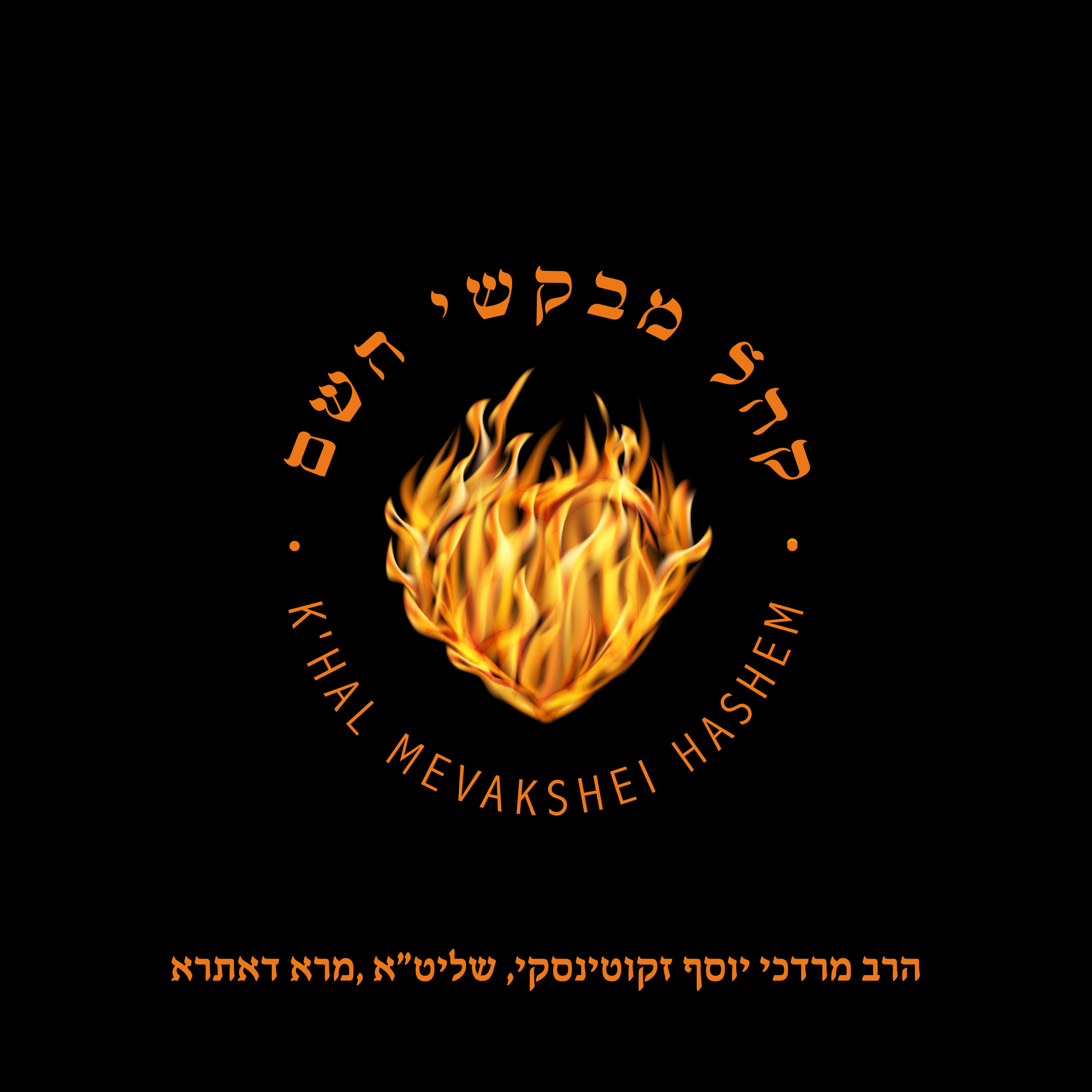Harav Yussie Zakutinsky Shlita
K'hal Mevakshei Hashem #2
Kedushas Levi - Parshas Balak
of the Garrochavas, and if you more left the Ghazhavas, and then from there, and you left the Ghassan Day in Amman Devahul. So, my sudhisthic partesha, partesha's Billum, is the one part that highlights the greatness of the Jewish people, and Adafka comes from our greatest enemy of Billum. So, that's the bardish of resilience, they speak good things about Jews, so I'll share with you a little piece from partesha's bishalah, so he says like this, "Lakaf Nikris is the classic bardish of Amman." "Lakaf Nikris Ashman Esri Thil Samidim." So, we know that technically one of the names for Shman Esri's. Amidim, right? So, what does Amidim mean? He needs to stand before Hashem, like that's the definition of the word, that's what's happening by Shman Esri, is you're saying a lot of words, what are you doing? What you're doing is that you're just in the presence of Hashem, and that's an amazing thing, and you're focused on how amazing God is, how big God is, and you say a lot of brochas to bring that point out, but what you're doing is standing before Hashem. And so, he says like this, "Vinhe pavadek fimashah unu islamatah, marandoglamalah." We know me to connect and we do whatever we do, that's the recognition that responds in kind. So, what is Hashem doing when we're standing in Amidim before Hashem? So, we're standing in front of Hashem, and we're standing in front of Hashem in awe, in reverence of who God is, so, "O, it's G-muyi-sparah, ma'cha-ma-sri-ba-sis-sho," so, they're bullish on because of his love for the Jewish people, "O, it's hu oimidlofenenayno," and they're bullish on standing before us in awe of the Jew. That's what Abidim says. "Kamaishah unu oimmofonah," just like we stand before Him, "O mega'cha-ma'cha-bye-sainu," and our thoughts are focused. "Leus onlukudem soyishu lukusis-barah," and we're focused on how everything in the world depends on God, and it comes from God, and it's all the rebunner, so, and that's what we're thinking about by Shamanaz, right? So, "Kahcha-ga-dishbarah, hu sothu Hashem," is thinking the same thing. "Mitzam-sim-saz-muy," he's constricting his thoughts, so to speak. "Oumam-saz-muy onlukud-sis-sho," and always think about it, it's like, "Well, everything, "everything is with Yiddin. "Everything is about Yiddin. "Everything I have is because of Yiddin," and we're both standing in front of each other, "in awe and reverence of each other." That's what Shamanaz is happening. He says, "Uwishvila M'alabir, it's a nalivir hak-kal-al-miz," and the rebunner's from his reminded about how, "Because of the Jewish people, I created the whole world, "and everything I do is for them, and because of them, "the v'avur mne'v-rkal-d-vam, because of everything was created, "the kal-hah-sad-en-tay-vim, the kal-minah-hash-pay-s-tay-vis, "the kal-al-al-miz, and therefore, because of this, "all my strength and all the good things that I could possibly bring to the world, "so it's really in Shavelock, Nasser's Israel, it has to be brought, Shafi'a, to K'lai'so, because of them, and Yiddin's." We take a few steps back, and you go forward to Shmanaz, right? You have to have in mind, you know, that the Shrin is also taking three steps forward, coming to you, and that's what Yiddin is, that's what Yiddin is. The Reza'r is always say good things and think good things about Yiddin, and realize how the whole world, the rebunner's from thoughts, words and actions, are completely focused on us, and the rebunner's from Shrinha'so, just like we have. we have all of them. (speaks in foreign language) I'm sorry, I'm sorry.
